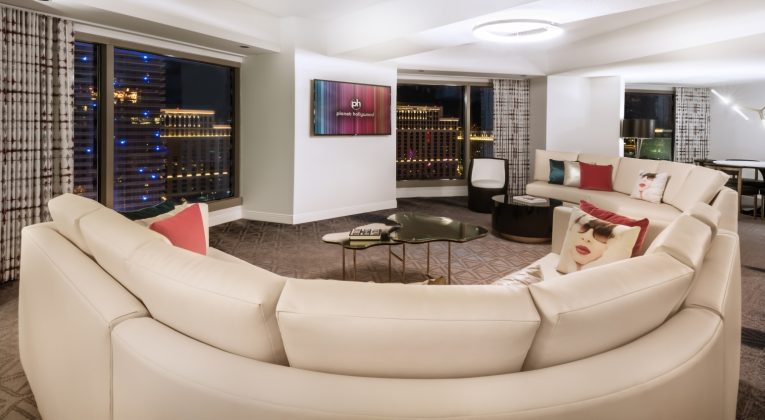When does “Do Not Disturb” no longer mean do not disturb?
In December, the Disney company began replacing “Do Not Disturb” signs with “Room Occupied” signs at its Grand Floridian, Polynesian, and Contemporary resorts. With the hangtag change came a more profound change on the policy front: Henceforth a Disney employee would be required to enter guest rooms at least once a day “for any purposes including, but not limited to, performing maintenance and repairs or checking on the safety and security of guests and property.”
Although Disney never confirmed as much, it was widely understood to be a response to the October 2017 mass shooting in Las Vegas, where a lone gunman opened fire from his room at the Mandalay Bay hotel, killing 58 people and injuring hundreds more. Daily room checks will presumably reduce the chances of such massacres’ recurring.
Notwithstanding considerable negative feedback from customers (example: “I think it’s bull****. Room inspections are for prisons, boarding schools, and psychiatric hospitals.”), I predicted that other lodging companies would follow Disney’s lead. And so they have.
Related:
The latest to require daily room checks is Caesars Entertainment. According to the Associated Press, Caesars will soon impose the policy at all of its 47 casinos in five countries. In Caesars’ case, security guards will conduct the room checks, after the union representing housekeepers pushed back against the policy.
Since the Las Vegas shooting, Boyd Gaming, Hilton, MGM Resorts, and Wynn Resorts have adopted similar required room check policies, with intervals ranging from 12 hours to two days.
Reader Reality Check
It’s intrusive. And you can be sure the hotel workers don’t like it any better than hotel guests do. But is it worth it? Is it an effective deterrent?
After 20 years working in the travel industry, and almost that long writing about it, Tim Winship knows a thing or two about travel. Follow him on Twitter @twinship.
This article first appeared on SmarterTravel.com, where Tim is Editor-at-Large.



I’ve noticed this becoming more and more common, most recently at the Hotel Del Coronado in San Diego (a Hilton property). While there for a 5-day sales meeting, several of us kept the “do not disturb” signs on our doors to keep staff out. After all, we spent so little time in our rooms that all we really needed was the occasional fresh towel and/or coffee refill. My room seemed to be undisturbed the entire time, but one of my peers received a “welfare check”. Not, not the kind with money involved, but someone knocking on the door asking to view the room to make sure everyone (and everything) was OK.
My colleague said the staff member insisted on being let in, which could open the door (pun intended) to other risks – such as someone masquerading as a hotel employee in order to gain entry. I’m not sure how this person actually determined the request was legitimate, but I can certainly see people being skeptical and resistant – and in fact, they should be!
I certainly understand the concern behind these room checks, but do they really make any sense? Someone motivated to do evil can probably set the stage in less than 48 hours.